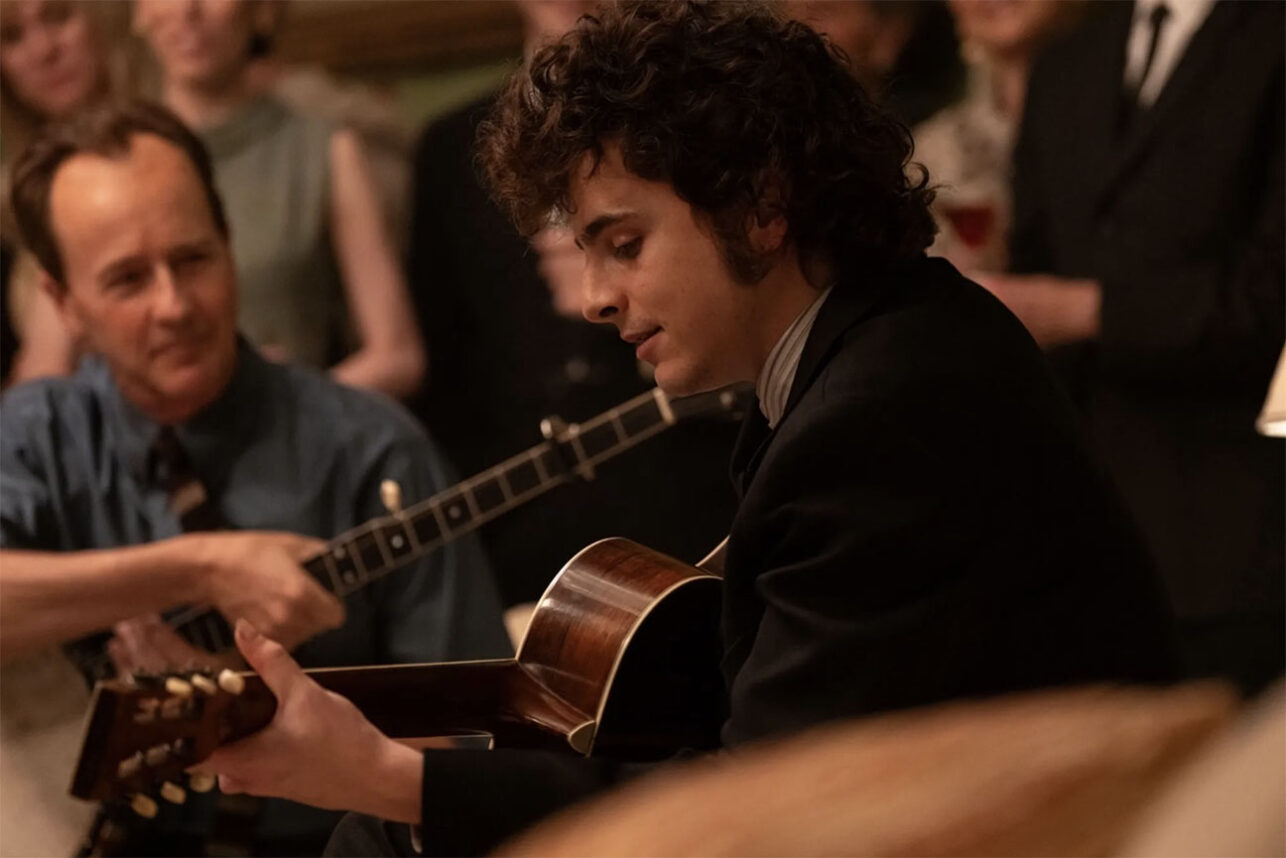I’m watching “High Stakes Poker” right now, so I am admittedly biased on the subject of poker and piety. But as I ghostwrote on God’s Blog before:
Show Me one place in My holy book where I forbid gambling. (Also not in the Bible, promises that if you give your SS check to a televangelist, I will reward you with a new Cadillac.) My ministers will say you should be a good steward of what you’re given and should not attempt to get rich quick or fall in love money. And these words of wisdom are very true. Compulsive gambling, pseudo-professional gambling, these are behaviors I can’t approve. But gambling as affordable entertainment—to rip the industry’s motto—that’s something I would, er, bet on.
And I, obviously, would agree. Which is why my immediate reaction to a headline from The Seeker asking “Is video poker a sin?” was a resounding no. But then I thought about how different video poker was from the kind of poker I play and I wasn’t so certain.
Because this is a true game of chance, one in which no skill is involved, it seemed more rife for exploiting those who can’t help themselves. But then, if there was sin involved, wouldn’t it be the video poker operator’s and not the persons playing?
That seems to be what the Rev. Philip Blackwell of First United Methodist Chicago Temple was telling Manya Brachear when the Chicago City Council hinted that it might lift a ban on video poker machines to raise revenue:
“The machines are intentionally designed to play ‘til you’re broke or die, Blackwell said. “Whatever you put into that machine you’re not putting into food, beverages or merchandise or putting it in the plate on Sundays. You’re being played for a loser to start.”
Blackwell feels the same contempt for slot machines and the lottery, which was launched by the state decades ago to cover shortfalls in education. He points out that it’s easier to find and buy a lottery ticket in the Englewood neighborhood than Winnetka, demonstrating how the game targets minorities and impoverished neighborhoods. He also points out that the lottery didn’t add to education coffers. It simply freed education funds to go elsewhere.
“Society should be a little smarter after having the lottery,” he said. “This isn’t the fantasy people were promised.”
Read the rest here.
I’ve written a handful of stories poker over the years. There was my article about 2006 World Series of Poker champ Jamie Gold and my profile of homeless poker pro Ellix Powers (my favorite).
Before that, before I left my first paper, I wrote an article about what religious leaders thought about the good and bad of poker playing. Unfortunately, due to that paper’s awful archiving system, this story never made it into the paper’s archive and also slipped by Lexis Nexis and can only be found in a box in my garage.





















 More news and opinions than at a Shabbat dinner, right in your inbox.
More news and opinions than at a Shabbat dinner, right in your inbox.